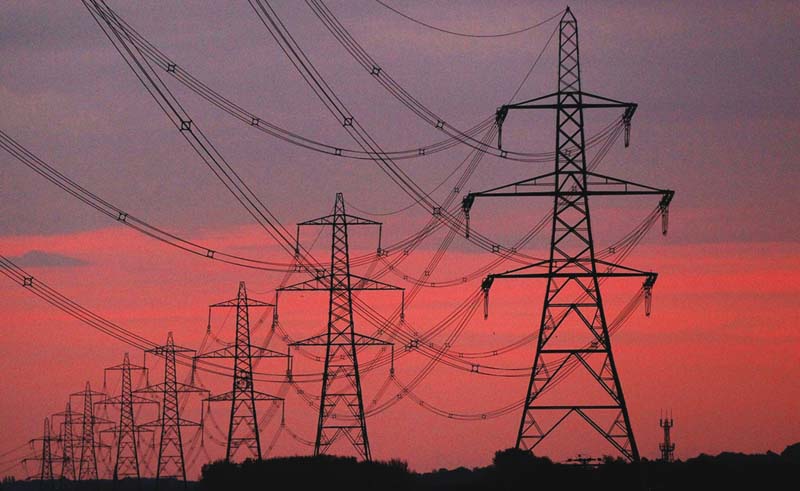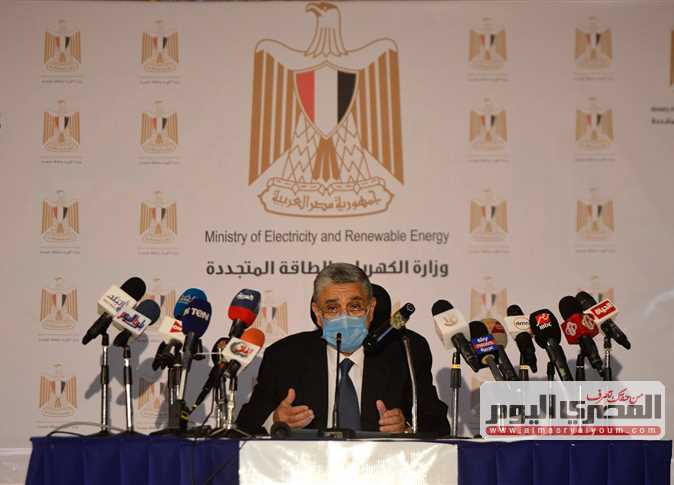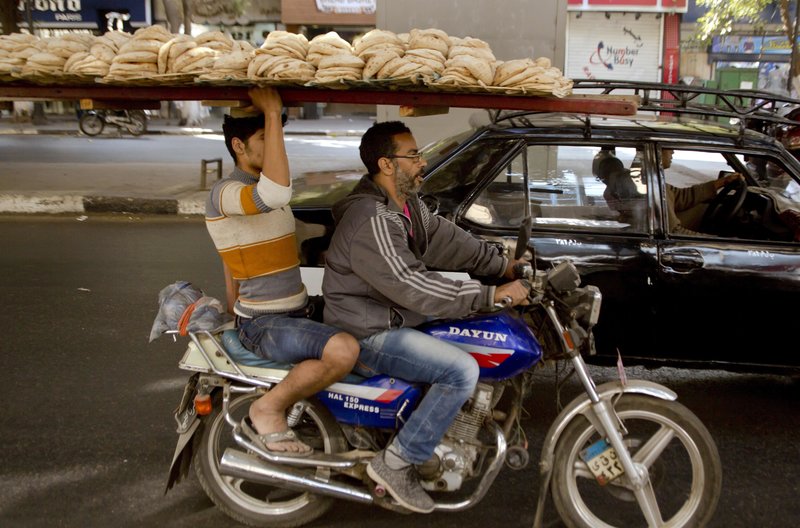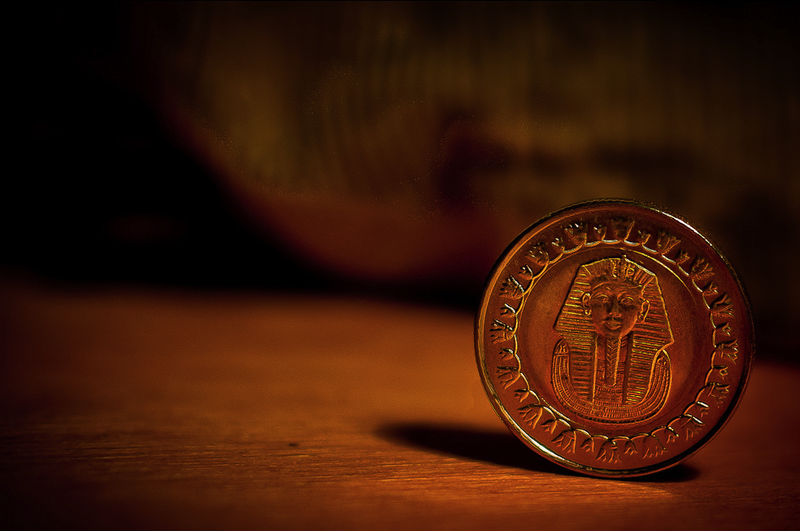
As the Egyptian government comes to terms with its dwindling funds and struggles to navigate a worsening financial crisis, the country’s expensive public service of subsidizing energy usage is once again in spotlight.
One researcher believes that he has found a model that would allow the government to lift subsidies and save money, while still protecting society’s most vulnerable from the shock of drastic price hikes.
Johnny West, the founder of OpenOil, an energy consultancy on extractive industries and publishing house headquartered in Berlin, is the author of a soon-to-be released paper in which he argues that Egypt could successfully implement a Dividend Subsidy Swap model.
In layman’s terms, the model can be explained as such: When a government lifts subsidies, it also gives its citizens a monthly lump sum of cash.
According to West, the model first made noise in some academic circles after it had been implemented with relative success in Iran, another country that is struggling to lift expensive energy subsidies. There, he said, the effect of the model’s success has not been felt across the economy because the country is also seriously crippled by international sanctions.
The cash not only lessens the blow of lifting subsidies, but also fulfills a constitutional right of Egyptians, West says. According to both Egypt’s previous and current Constitution, all petroleum resources in the country are the property of the people.
Until now, Egyptians have been enjoying this right disproportionately through subsidies.
Under the new model, they would instead receive a roughly LE30 monthly dividend, an amount that West says he carefully calibrated to cover the monthly cost of energy usage of the bottom 20 percent of earners in Egyptian society.
With this monthly amount, when subsidies are lifted nearly 40 percent of Egyptians could come out even, and the poorest could be “net positive,” with a little extra money in their pockets, says West.
The government will need reliable data on energy usage by the poor if they adopt the model. For his research, West used a hodgepodge assembly of data from various ministries and civil society organizations.
People across classes would receive the same amount, he says, which may at first sound like it isn’t fair to the poor. But the conundrum of energy subsidies is that they disproportionately benefit the rich.
By definition, the poor on average use the least fuel. Thus, the money would be a much-needed relief for the low-income bracket but a negligible amount for the rich, who would then pay fair market price for their gasoline and other energy needs.
In Iran, the government has even encouraged the wealthy to not collect their monthly due. But the strongest argument for the model, West says, is its inherent fairness.
“[Naguib] Sawiris is just as entitled to his LE30 as someone in Imbaba,” he argues.
It is also fiscally responsible, he says: “The amount of money spent is massively less with a cash dividend system than it is with subsidies.”
A budget drain
For years, analysts, economists and government officials have warned of the unsustainability of the government’s policy of subsidizing gasoline, butane cooking gas, natural gas and diesel fuel.
Put in place as part of the mid-century populist reforms of the late President Gamal Abdel Nasser, they were expanded under former President Anwar Sadat and have since become deeply entrenched in the country’s economy.
Meanwhile, the country underwent a population boom and international oil prices went through the roof, meaning the government had to foot a much larger bill each year.
A Shura Council report cited by Egypt’s Oil and Gas Web Portal found that in 1970, the government spent LE290 million on petroleum product subsidies.
Today, the annual cost of petroleum subsidies surpasses LE40 billion. Previously, the government had been able to afford the heavy subsidizing through windfalls from other sectors, or from its own oil and gas production.
But the current revenue-starved government cannot go on paying, and Egypt is not producing fossil fuels as it once was. In December, officials announced that Egypt would transition from a net-exporter to a net-importer of national gas.
Last month Finance Minister Mumtaz al-Saeed appeared on state television and said that the state budget suffers from “an incurable disease,” with resources only covering 60 percent of public expenditures.
Subsidies make up 27 percent of all expenditures, the minister said during a press conference at the General Federation of Chambers of Commerce.
Estimates put petroleum subsidies at more than 70 percent of the total subsidy bill.
That’s why West, a former journalist who got his start covering in the 1990s covering Middle Eastern energy markets, hopes to try and pass his paper along to the relevant policymakers in power.
He says the model could be a saving grace for a government for which lifting subsidies would otherwise be politically prohibitive.
A matter of urgency
And it’s not likely to become any easier for the government to take steps towards serious economic reform. A re-vamped tax system, also meant to address the government’s huge budget deficit, was put forward in December and quickly shot down due to political and popular opposition.
But as evidenced by recent actions, such as the Central Bank’s movement towards depreciating the currency, the country’s leaders are at the end of their rope.
“The subsidy issue has to be tackled in this fiscal year,” Amr Adly, Economic and Social Justice director at the Egyptian Initiative for Personal Rights, said in November. “They can’t wait seven months. The government is facing this paradox, even though the poor is not benefitting the most from the subsidies, but it’s them who will be hurt with the their removal.”
In the current politically difficult environment, West hopes the dividend model could find some sort of consensus.
“People would naturally like to see the best possible use of public resources,” he said.
So far, the government has taken steps towards implementing a smart card system by which citizens could redeem their allotted amount of certain fuel. But the program has been repeatedly delayed, with many critics saying the government doesn’t have the administrative capabilities to effectively carry it out, much less ensure that the low-income receive the fuel they need. The smart card initiative is currently stalled amid a chaotic political environment.
If the government uses the dividend approach, West says they could free themselves from much of the bureaucratic quagmire.
“This policy takes far less administration and leaves far less opportunity for corruption,” he says.




